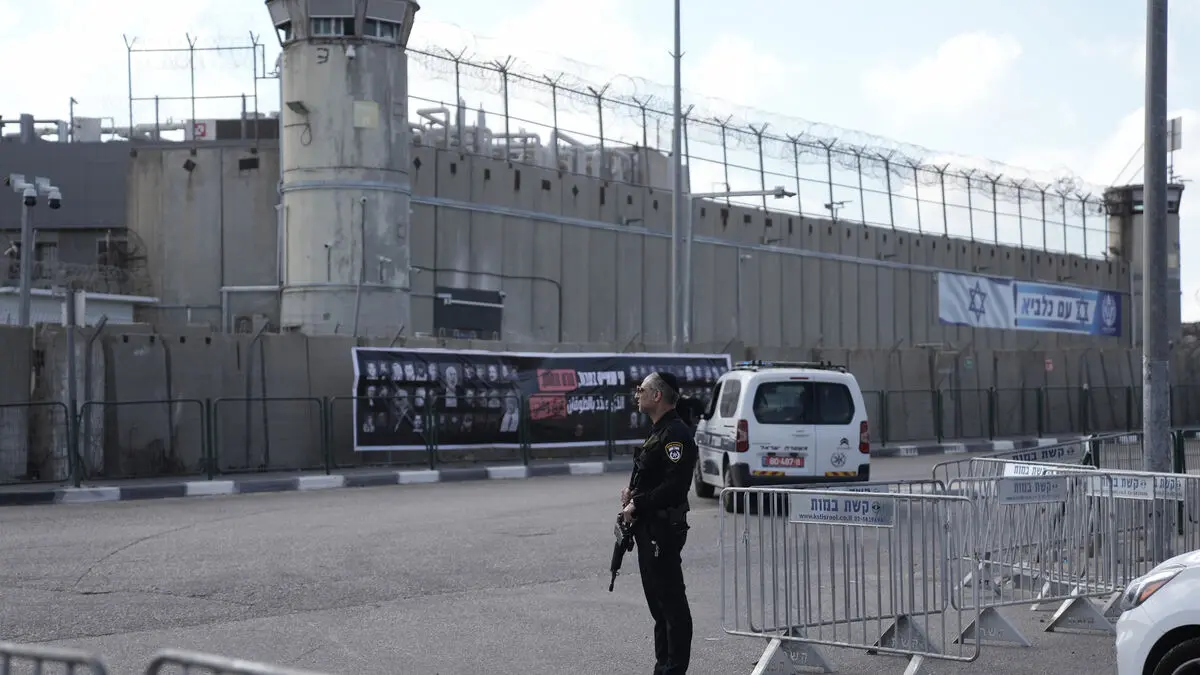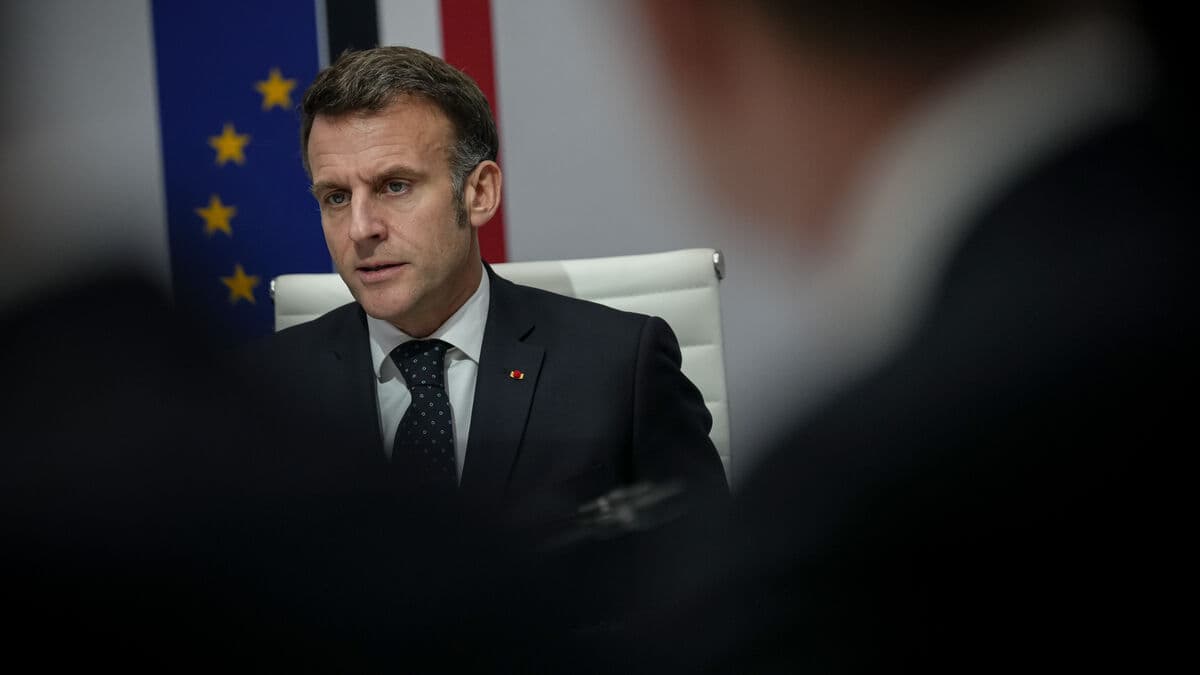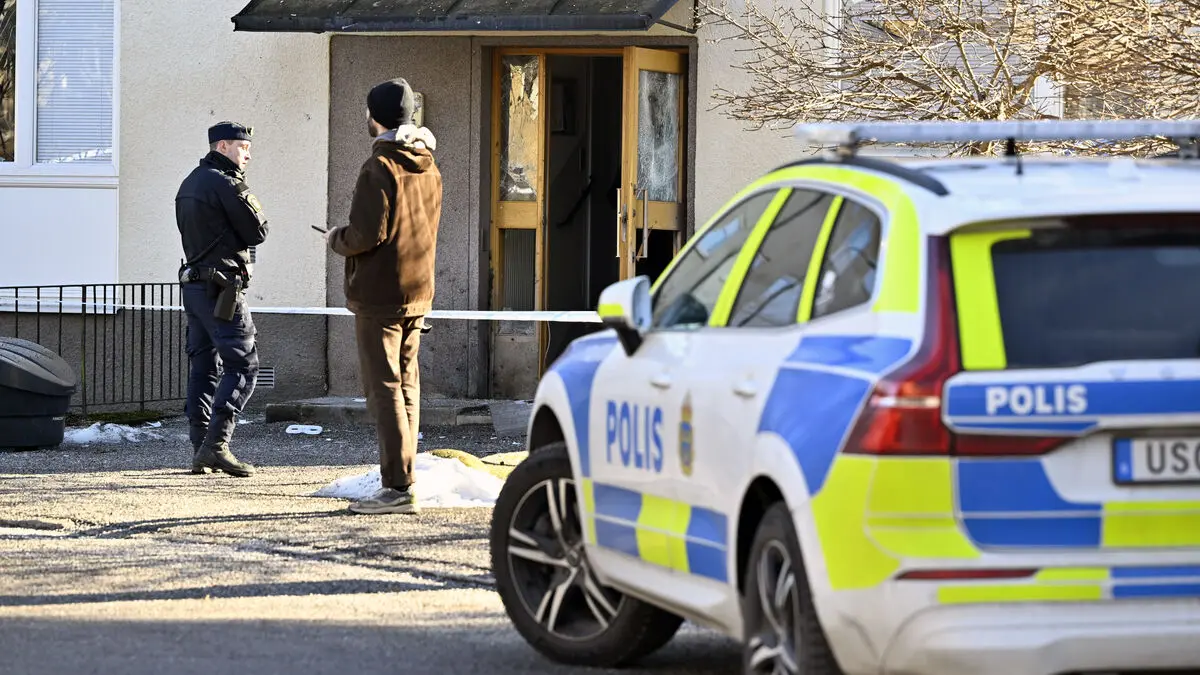The 35-year-old photojournalist Shady Abu Sedo was arrested in March last year at Shifa Hospital, the largest healthcare complex in the Gaza Strip, which was at the center of the war at the time.
Israel accused Hamas of hiding in the hospital and other civilian buildings, while humanitarian organizations accused Israel of war crimes in the attacks on the hospital.
While imprisoned – first at the Sde Teiman military base, then at the Ofer military prison – Abu Sedo was repeatedly told by Israeli guards that "they had killed our children and women, and bombed our homes".
"So when I saw my children, it was honestly a shock," he told AFP.
18 hours on your knees
Abu Sedo was released in October this year, as part of the US-brokered ceasefire.
Every day during his captivity, from five in the morning to eleven at night, he says he was forced to kneel, blindfolded and handcuffed, forbidden to speak.
After 100 days of torture, they interrogated me to confirm my identity. They tortured me without knowing who I was.
Only on two occasions was he allowed to meet with a lawyer, who both times announced that no charges had been brought and that his detention had been "automatically extended" without explanation.
Abu Sedo was detained under Israel's "unlawful combatants" law, a classification that allows people to be held for months without charge.
Criticized change in law
The law was changed at the start of the Gaza war and means that prisoners can now be held for 75 days without a court hearing, compared to 14 days before the war. This can also be extended to 180 days.
The change in the law has been criticized by several human rights groups. In late October, Israel also banned the International Committee of the Red Cross from visiting prisoners held as "illegal combatants," currently estimated to be around 1,000 people.
The Israeli military has declined to comment on Shady Abu Sedo's case, but claims that all prisoners are held in accordance with the law and that their rights are upheld.






